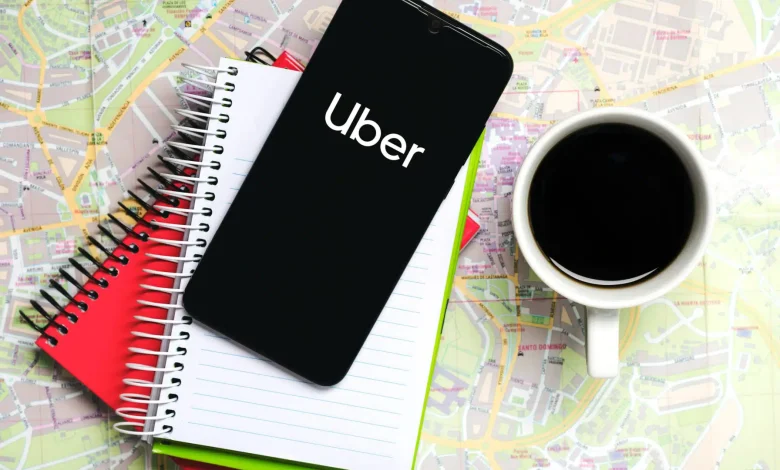Uber rakes in $40bn in Q2, makes projections for Q3 2024

Uber’s global gross bookings reached $40 billion in Q2 2024, marking a 19% year-over-year increase. The company saw a 23% rise in mobility bookings, reaching $20.6 billion, and a 16% increase in delivery bookings, totaling $18.1 billion.
Trips surged by 21% year-over-year to 2.8 billion, continuing Uber’s streak of six consecutive quarters of growth. Revenue grew 16% year-over-year to $10.7 billion, with both mobility and delivery revenue up 19% due to higher trip volumes. Operating income stood at $796 million.
CEO Dara Khosrowshahi commented, “Uber’s growth engine is strong, with our sixth straight quarter of over 20% trip growth and record profitability.”
Uber’s monthly active users (MAPC) reached 156 million, a 14% increase year-over-year, driven by more activity in both mobility and delivery. Monthly trips per MAPC rose by 6%, hitting a new high.
In South Africa, Uber has introduced accounts for teenagers aged 13 to 17, which can be managed by a parent or guardian.
Drivers and couriers earned a record $17.9 billion during the quarter. In Nigeria, Uber raised driver earnings by 10% per kilometer and minute starting April 2, 2024, in response to economic factors.
Looking ahead, Uber expects gross bookings of $40.25 billion to $41.75 billion and an adjusted EBITDA of $1.58 billion to $1.68 billion for Q3 2024. In Q2 2024, adjusted EBITDA was $1.6 billion, up 71% year-over-year.
Uber operates in several sub-Saharan African countries, including Ghana, Nigeria, Ivory Coast, Kenya, Uganda, Tanzania, and South Africa. In Kenya, the “Electric Boda” initiative saw an 81% increase in active driver sign-ups and a 94% rise in trips. These electric motorcycles have transported 700,000 passengers and covered over 12 million kilometers.
Uber is expanding its electric vehicle fleet, which was introduced in South Africa in 2023, and plans to expand it nationwide in 2024. The company also announced a multi-year partnership with BYD to add 100,000 new electric vehicles to its platform, starting in Europe and Latin America.





